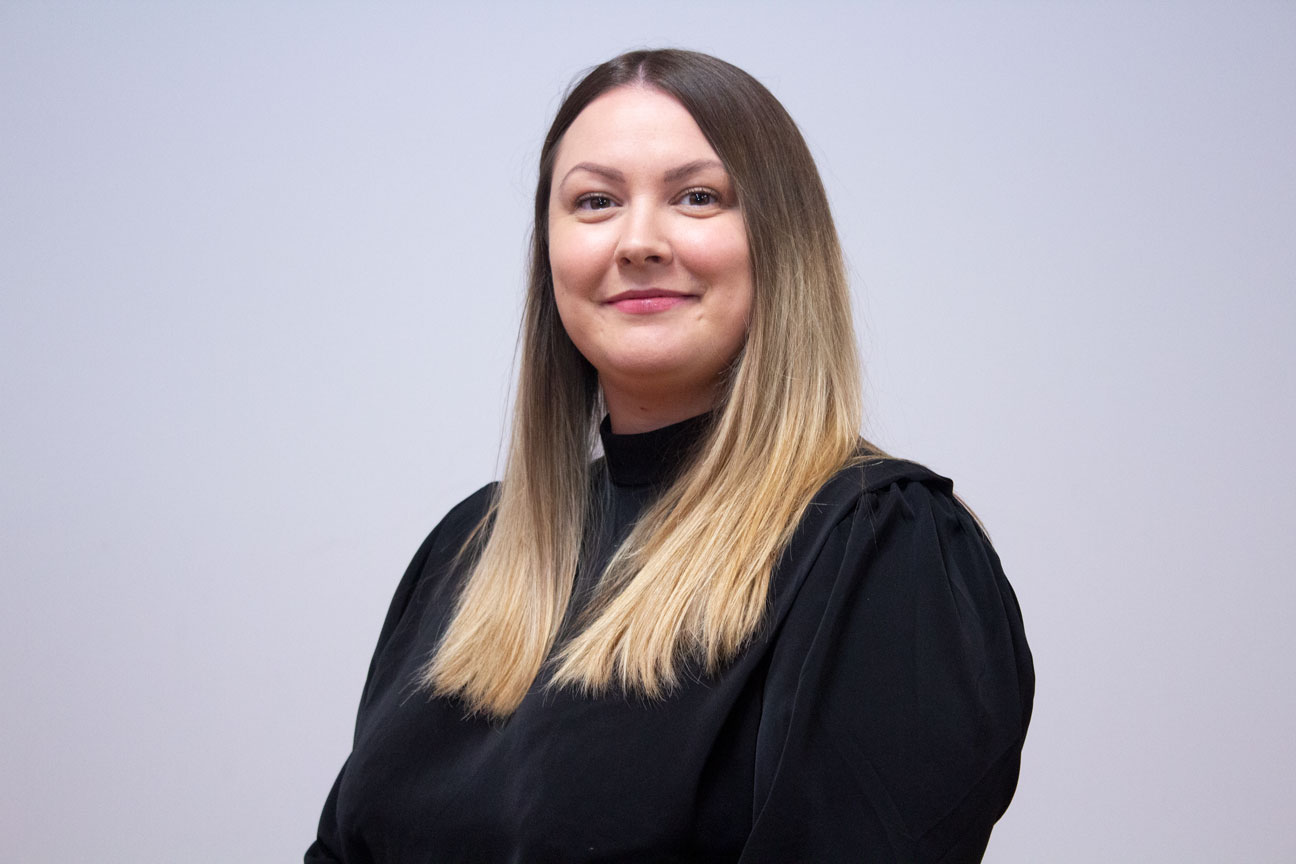At Bailey’s Court Primary School, we pride ourselves in the support that we are able to provide for children with special educational needs and disabilities. It is very important to us all that all children are able to reach their full potential. We work closely as a school with parents and outside agencies to provide additional support when needed to ensure that all of our children are successful developing as well rounded individuals.
Should you have any questions or concerns related to special educational needs or disabilities please do not hesitate to contact us.

SEND and Inclusion Leader
All South Gloucestershire maintained schools have a similar approach to meeting the needs of pupils with Special Educational Needs and are supported by the Local Authority to ensure that all pupils, regardless of their specific needs, make the best possible progress in school. All schools are supported to be as inclusive as possible, with the needs of pupils with a Special Educational Need or Disability being met in a mainstream setting wherever possible, where families want this to happen.
Please click on one of the questions to find out more about SEND support at Bailey’s Court Primary School.
Class teacher
Responsible for:
Special Educational Needs and Inclusion Leader – Miss Emma Proffitt
Responsible for:
Headteacher – Mr. Andrew Lynham
Responsible for:
SEN Governor – Mr. John Underhill
Responsible for:
Local Authority SEND team
Responsible for:
Parents can contact South Gloucestershire SEND team and find out further information on the South Gloucestershire Local Offer at www.southglos.gov.uk/localoffer
Class teacher input using differentiated class teaching to meet the needs of all children on a daily basis.
For your child this would mean:
Specific group work with a smaller group of children.
These groups are known as intervention groups. Your child may be taught in intervention groups for a number of sessions during the school week.
For your child this would mean:
Specialist intervention run by outside agencies e.g Speech and Language therapy or Occupational therapy groups
Sometimes children have been identified by the class teacher/SEND and Inclusion leader as needing some extra specialist input in school from an agency outside the school. This may be from:
This would mean:
Specified Individual support
This is usually provided via an Education, Health and Care Plan (EHCP). This means your child will have been identified by the class teacher/SEND and Inclusion Leader as needing a particularly high level of individual or small group teaching, which cannot be provided from the budget available to the school.
Usually your child will also need specialist support in school from a professional outside the school. This may be from:
This could mean:
If the school has concerns about the progress your child is making, or about their well-being, they will set up a meeting to discuss this with you in more detail and to:
Provided by the school:
Provided by External Agencies:
School will seek advice for each child’s additional accessibility needs and make any necessary adjustments to the environment where possible.
We recognise that transitions can be difficult for a child with SEND and take steps to ensure that any transition is a smooth as possible.
Throughout the school year, the school will provide a range of opportunities for parents to find out about your child’s progress including: